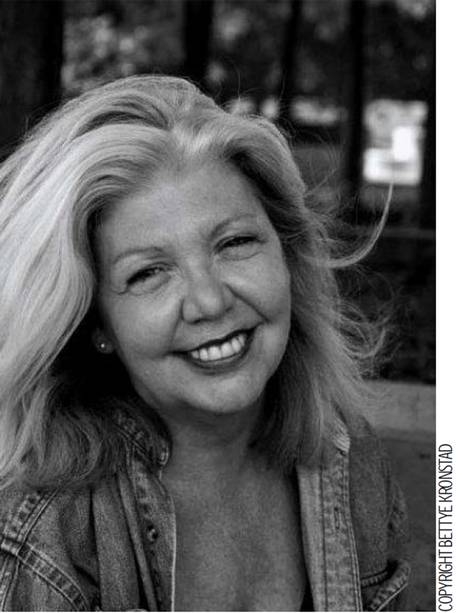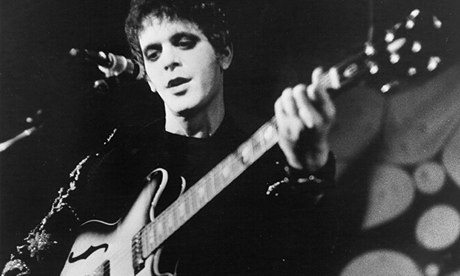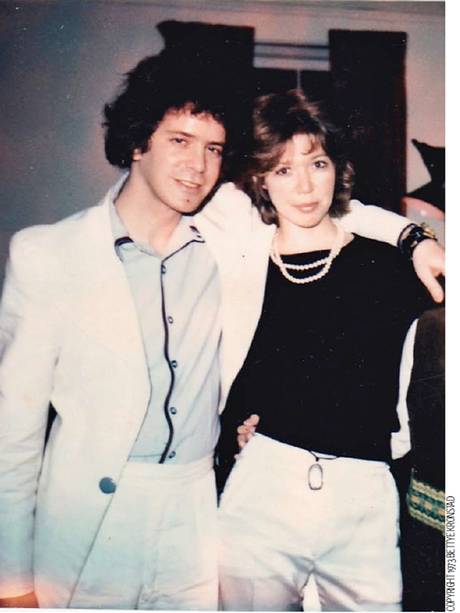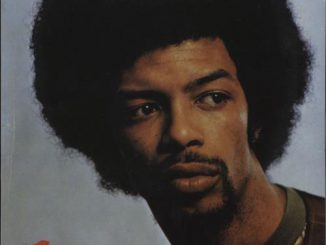We dated for a couple of years before we moved in together. Lewis was quiet, reflective – a writer – and a teddy bear. I admired his writing very much. A simplistic explanation for why I married him could be that he wrote “Sweet Jane.”
By 1970, he had left his parents’ home and we moved into our first apartment on the Upper East Side. We were married at home in 1973. I wore white satin bell-bottoms, a strand of classic pearls, a navy blue cashmere sweater, and a smashing pair of red, seriously high platform heels. Lou wore an all-white suit.
The goal of our relationship was to launch his career. I promised I would help him to make it, and put my everything behind him. I was an idealistic kid and in love. I believed in him, his talent and work. Anyone who knew Lou will tell you he trusted very few people, personally or professionally. But he trusted me. I had been embraced by his family, and he knew I wasn’t in it for the money. We were in this together: we were going to make him a star.
He put out three albums during our relationship: Lou Reed(1972), Transformer (1972) and Berlin (1973), with national and international tours to support these albums. After our first US tour, I became his lighting designer/director. I loved lighting and illuminating him and his work. We made a great team. Everyone knew that something important was happening with Lou.
After Transformer was released, the audiences in the US and Europe went wild. They’d never seen or heard anything like him. Before Lewis, the LGBT community were oppressed and completely disenfranchised. He gave a voice to them.

“Walk on the Wild Side” changed everything. Lewis was determined to make it on a worldclass scale. He always believed the Velvets should have made it on that level, but they had failed. He was determined that would never happen to him again. The period around Transformer was a great time in our relationship, but launching an international solo career can be exhausting. Lewis was writing and recording albums. We were rehearsing for the road shows that supported them, touring constantly.
He wrote “Perfect Day” about a day we spent together in the park, exactly as he says in the song. We had become officially engaged around then. Although it appears to be a simple love song, its brilliance lies in the suggestion that love between consenting adults is never simple, always complex. He has said the most important lines of “Perfect Day” are, “You made me forget myself. I thought I was someone else, someone good.”
Perhaps I did that for him but, for me, the operative lines are, “You keep me hanging on, you just keep me hanging on,” – not only did Lewis depend upon me to keep him straight, his management team did, too.
You can read the rest of this article on the Independent Newspaper Website
All sorts Lou Reed vinyl, CDs and more available from eil.com, for full info click here





Be the first to comment